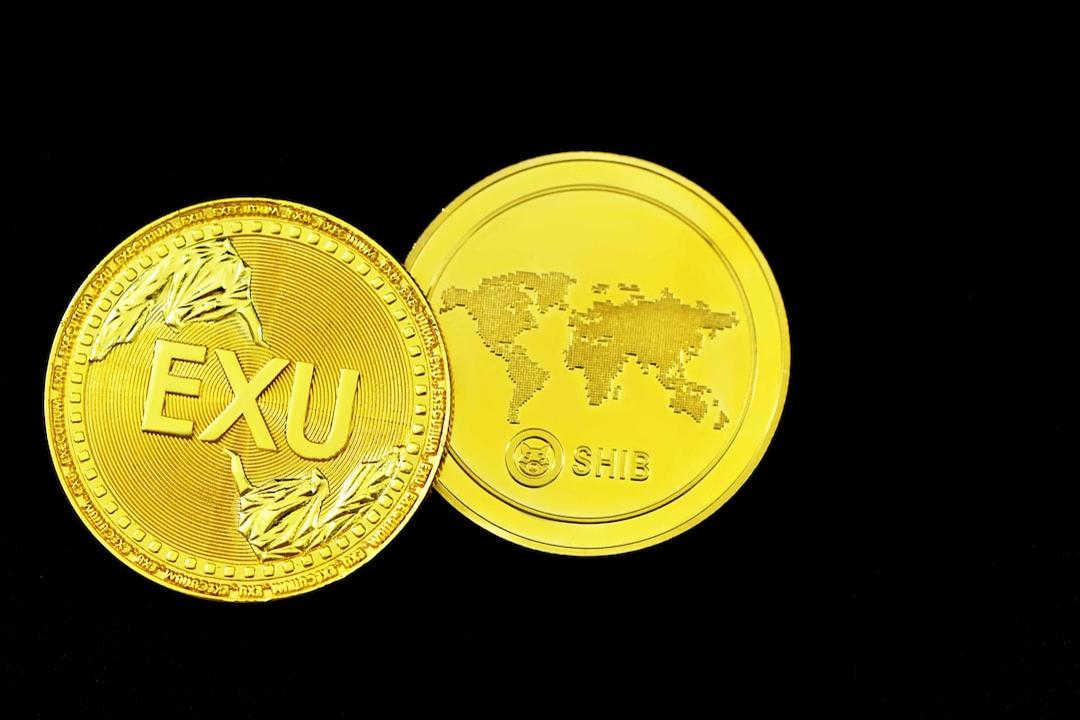Nordic Countries Reassess Cashless Strategy, Highlighting Vulnerabilities of Digital Payments
Vitalik Buterin Advocates for Ethereum as a Digital Cash Backup.
(Background: Highlights from V God’s AMA: Are Rollups Beneficial or Exploitative for Ethereum? What is the Ultimate Narrative of ETH? Progress on 3.0…)
Once at the forefront of the global cashless trend, Nordic countries have recently shifted their strategies. Countries like Sweden and Norway are beginning to encourage the retention of cash and are exploring the establishment of offline payment systems to address the vulnerabilities of digital payment systems. This shift underscores the importance of physical cash as a backup. Ethereum founder Vitalik Buterin also believes that Ethereum should possess resilience and privacy, serving as a “digital cash backup” when centralized systems fail.
Reflections on Cashless Societies in the Nordics
Nordic countries, particularly Sweden and Norway, have actively promoted cashless societies. However, according to The Guardian, these countries have recently become aware of the risks associated with excessive reliance on centralized digital payments. Concerns about the reliability of these systems during crises are among the main reasons for this reevaluation. Computer Weekly points out that geopolitical factors and cyber threats have also prompted a reassessment of purely digital payments. Norway has legislated fines for businesses that refuse to accept cash, while Sweden encourages citizens to keep cash reserves, reflecting an acknowledgment of the vulnerabilities of digital payments.
Even in a digitized society, cash remains indispensable as a physical backup. According to data from Federal Reserve Services, cash transactions still accounted for 14% of total payments in the U.S. in 2024. Cash has unique advantages during crises such as power outages or cyberattacks, as it does not rely on power networks (refer to OpenDental Blog, Cash Essentials). An example is stores that accept only cash during power outages, and low-income households and the elderly are more reliant on cash. The Nordic consideration of establishing offline payment systems also reflects concerns about the vulnerabilities of centralized systems and the pursuit of backups.
V God: Ethereum as a Digital Backup
In response to the Nordic shift, Ethereum founder Vitalik Buterin commented that Ethereum has the potential to serve as a “digital cash backup” when centralized digital payments fail. He emphasized:
The Nordic countries are retracting their cashless society initiatives because the centralized implementation of this concept is too fragile. It has proven necessary to have cash as a backup. Ethereum needs to have sufficient resilience and enough privacy to reliably play this role.
Vitalik believes that Ethereum is strengthening its system resilience and privacy through security initiatives and stateless clients, maintaining decentralization. Furthermore, decentralized finance (DeFi) and blockchain can provide transaction backups that are not under centralized control (such as Substack, XRPL).
Vitalik also responded to the practicality of zk as secure private transfers, noting that zk solutions face certain limitations in terms of adoption, primarily due to the computational requirements for zero-knowledge proofs and handling double-spending, which require additional investment:
@rohangrey has done a lot of in-depth thinking in this direction. We basically know how to do it, but there is a limitation, which is that any solution relies on trusted hardware and/or post-execution against double-spenders.



